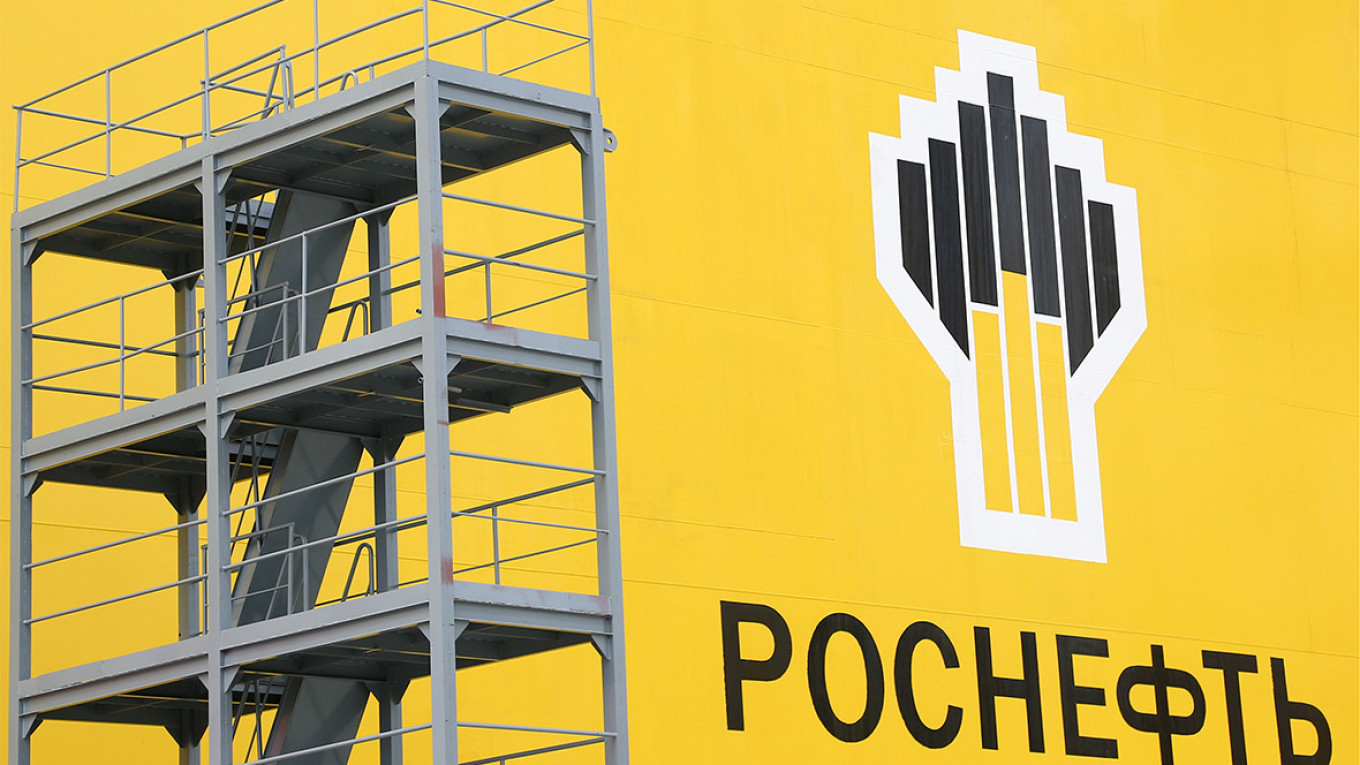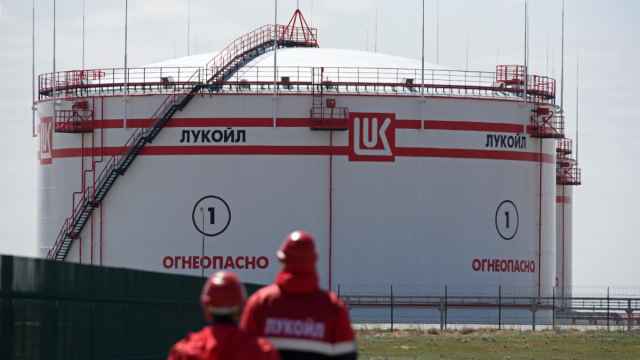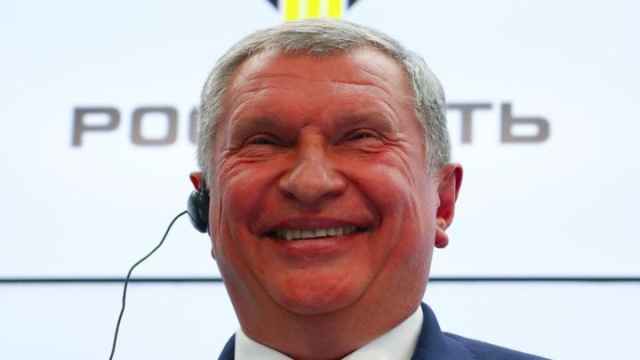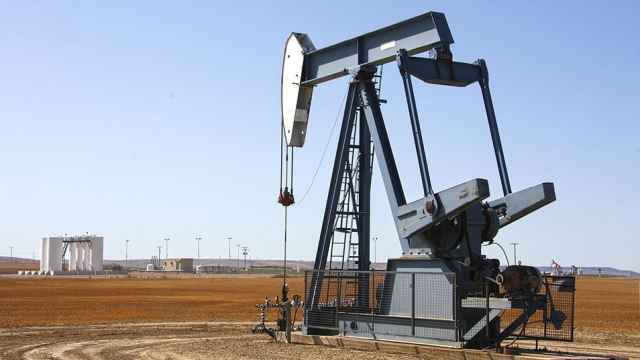The United States on Tuesday tightened financial restrictions on Venezuela, blacklisting a subsidiary of Russian oil firm Rosneft that President Donald Trump's administration has said provides a lifeline to President Nicolas Maduro's government.
The sanctions announced by the U.S. Treasury Department increase the pressure on Russia, which the United States sees as the main backer of Maduro's government. The Trump administration has accused the subsidiary, Rosneft Trading SA, of propping up the Venezuelan oil sector and actively evading American sanctions.
The United States also issued a general license allowing companies 90 days to wind down their transactions with the company, according to a notice on the Treasury Department's website.
The action freezes any U.S.-held assets of the Geneva-based trading unit of the Russian oil giant and its chairman of the board of directors and president, Didier Casimiro.
The United States last year recognized Venezuelan opposition leader Juan Guaido as the OPEC nation's legitimate interim president and began ratcheting up sanctions and diplomatic pressure on Maduro's government. A year later, Maduro remains in power, backed by the military as well as Russia, China and Cuba.
"Rosneft Trading S.A. and its president brokered the sale and transport of Venezuelan crude oil," Treasury Secretary Steven Mnuchin said in a statement. "The United States is determined to prevent the looting of Venezuela’s oil assets by the corrupt Maduro regime."
Rosneft declined to comment.
The decision to sanction Rosneft Trading SA was cleared by Trump, a senior administration official said, and Secretary of State Mike Pompeo on Saturday discussed the issue with his Russian counterpart Sergei Lavrov on the sidelines of the Munich security conference in Germany.
"This is a reaction to the growing and increasingly central role of Rosneft in the affairs of Venezuela, particularly in the course of the last year," the official told reporters in a conference call.
The United States has also reiterated its call to all companies in the world to cease business with the Maduro government and added that Tuesday's step was part of a wider campaign.
But it was unclear whether Tuesday's move will reduce export revenue flowing to Maduro's government, which continues to enjoy Moscow's backing in a stand-off reminiscent of the Cold War.
The United States has implemented a broad sanctions program against Maduro's government and has urged the armed forces to turn against him. Maduro has held on to power despite the country's economic crisis in large part because of support from the military. He accuses the United States of preparing an invasion.
Venezuela's military on Saturday held exercises that deployed civilian militia and armored vehicles in the capital Caracas and around the country, an effort by Maduro to show strength before the U.S. move to escalate sanctions
A Message from The Moscow Times:
Dear readers,
We are facing unprecedented challenges. Russia's Prosecutor General's Office has designated The Moscow Times as an "undesirable" organization, criminalizing our work and putting our staff at risk of prosecution. This follows our earlier unjust labeling as a "foreign agent."
These actions are direct attempts to silence independent journalism in Russia. The authorities claim our work "discredits the decisions of the Russian leadership." We see things differently: we strive to provide accurate, unbiased reporting on Russia.
We, the journalists of The Moscow Times, refuse to be silenced. But to continue our work, we need your help.
Your support, no matter how small, makes a world of difference. If you can, please support us monthly starting from just $2. It's quick to set up, and every contribution makes a significant impact.
By supporting The Moscow Times, you're defending open, independent journalism in the face of repression. Thank you for standing with us.
Remind me later.







